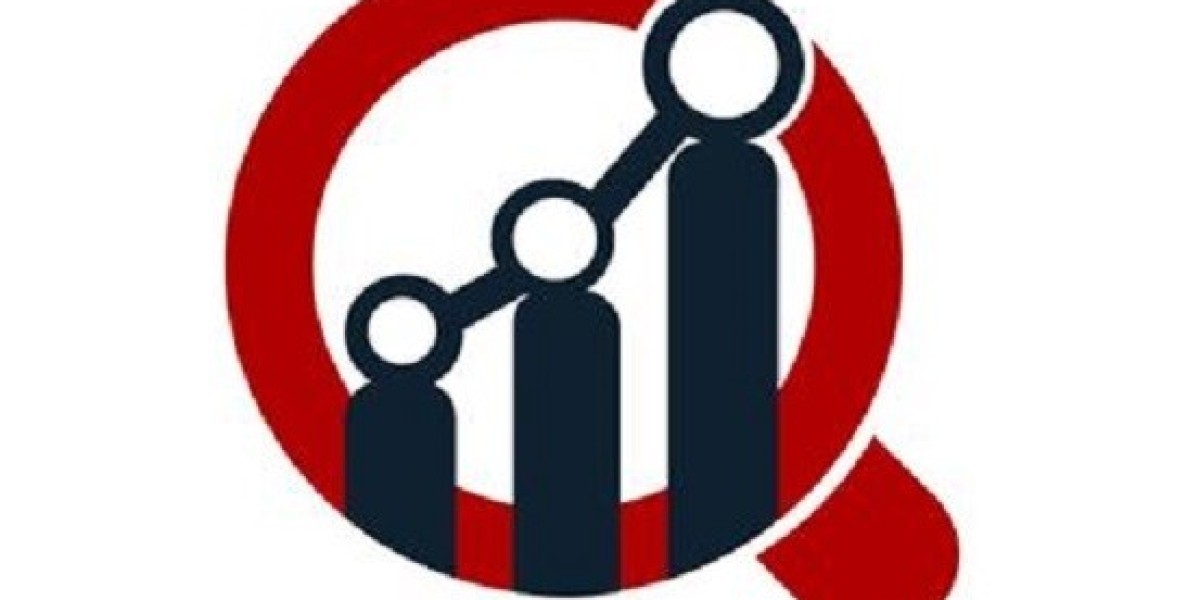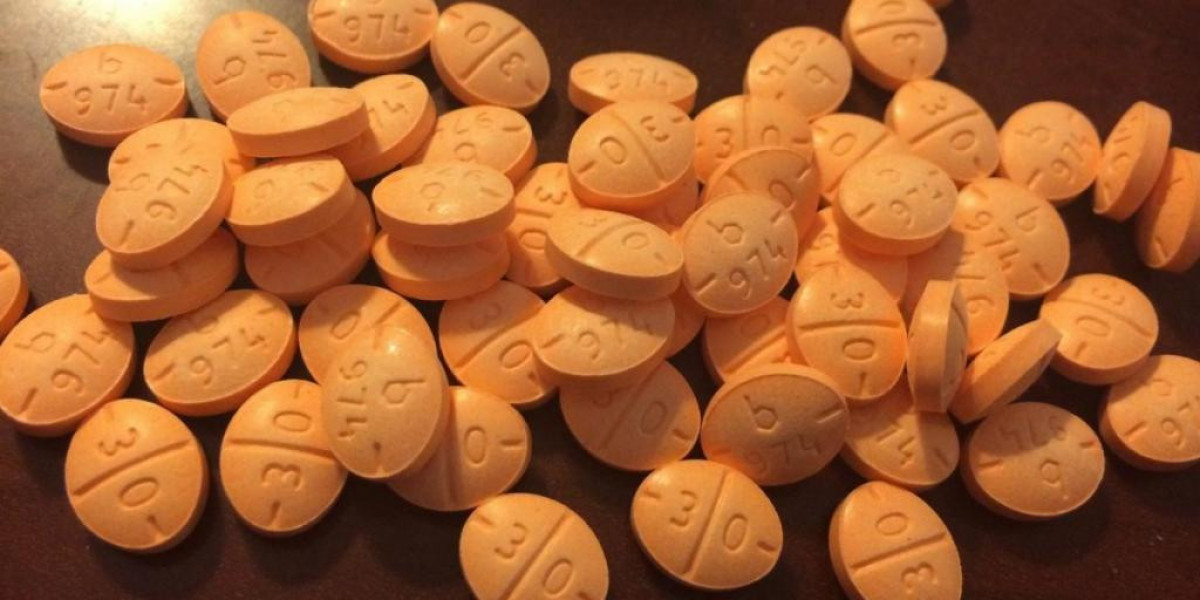The Expanding Realm of Large Molecule Bioanalytical Testing Services
The biopharmaceutical industry is witnessing an unprecedented surge in the development and approval of large molecule therapeutics, including biologics, monoclonal antibodies, gene therapies, and antibody-drug conjugates. These complex molecules necessitate specialized analytical techniques to evaluate their pharmacokinetics (PK), pharmacodynamics (PD), immunogenicity, and safety throughout the drug development lifecycle. This has led to the significant growth of the large molecule bioanalytical testing service market, a sector crucial for supporting the successful development and commercialization of these innovative medicines.
Understanding the Necessity of Specialized Bioanalysis for Large Molecules
Unlike small molecule drugs, large molecule therapeutics present unique challenges for bioanalytical testing due to their size, structural complexity, and potential for immunogenicity. Large molecule bioanalysis requires sophisticated assays and technologies to accurately quantify the drug and its metabolites in biological matrices, understand its mechanism of action, and assess the patient's immune response. These services are essential for demonstrating the safety and efficacy of these therapies to regulatory authorities worldwide. Common bioanalytical studies for large molecules include pharmacokinetic studies to determine drug absorption, distribution, metabolism, and excretion (ADME), pharmacodynamic studies to evaluate the drug's effect on the body, immunogenicity testing to detect the formation of anti-drug antibodies (ADAs), and biomarker analysis to assess the drug's impact on disease-specific markers.
Key Drivers Fueling the Market Growth
Several factors are contributing to the rapid expansion of the large molecule bioanalytical testing service market:
- Increasing Development of Biologics and Biosimilars: The continuous innovation in biotechnology has led to a significant increase in the number of large molecule drug candidates in the pipeline. Furthermore, the growing market for biosimilars, which are structurally similar versions of approved biologics, also necessitates extensive bioanalytical testing to demonstrate comparability.
- Rising R&D Expenditure by Pharmaceutical and Biotechnology Companies: The significant investment in research and development of novel large molecule therapeutics directly fuels the demand for bioanalytical testing services to support preclinical and clinical studies.
- Stringent Regulatory Requirements: Regulatory agencies such as the FDA, EMA, and PMDA mandate comprehensive bioanalytical testing to ensure the safety and efficacy of large molecule drugs before they can be approved for market. This includes detailed PK, PD, immunogenicity, and biomarker assessments.
- Growing Trend of Outsourcing to Contract Research Organizations (CROs): Many pharmaceutical and biotechnology companies, especially small and medium-sized enterprises, prefer to outsource their bioanalytical testing needs to CROs. This provides access to specialized expertise, advanced technologies, and cost-effective solutions without the need for significant in-house infrastructure investment.
- Advancements in Bioanalytical Technologies: The development of more sensitive and sophisticated analytical techniques, such as high-resolution mass spectrometry (HRMS) and advanced ligand-binding assays (e.g., ELISA, MSD), has enhanced the efficiency and accuracy of large molecule bioanalysis.
Dominant Service Types and Therapeutic Areas
The large molecule bioanalytical testing service market is segmented by the type of service offered. Currently, pharmacokinetic (PK) and immunogenicity testing (ADA assays) hold significant market shares due to their critical role in drug development and regulatory submissions. Other important service types include pharmacodynamic (PD) and biomarker analysis.
In terms of therapeutic areas, oncology currently dominates the market. This is attributed to the high number of large molecule therapeutics being developed for various cancer indications. Other significant therapeutic areas driving market growth include immunology, infectious diseases, neurology, and cardiology. The increasing focus on targeted therapies and personalized medicine within these areas further necessitates robust bioanalytical support.
Geographical Landscape and Key Market Players
North America currently holds the largest share of the large molecule bioanalytical testing service market. This dominance is due to the presence of a well-established biopharmaceutical industry, a high volume of ongoing research activities and clinical trials, and the strong presence of leading CROs offering specialized services. Asia-Pacific is expected to be the fastest-growing region in the coming years, driven by increasing R&D investments, a growing number of clinical trials, and the rising prevalence of chronic diseases in the region.
The large molecule bioanalytical testing service market is competitive, with several major players including:
- Labcorp Drug Development
- IQVIA
- Syneos Health
- Charles River Laboratories International, Inc.
- BioAgilytix Labs
- SGS SA
- PPD, Inc. (now part of Thermo Fisher Scientific)
- WuXi AppTec
These companies offer a comprehensive range of bioanalytical services, supporting large molecule drug development from discovery through all phases of clinical trials and post-market surveillance.
Challenges and Future Trends Shaping the Market
Despite the strong growth prospects, the large molecule bioanalytical testing service market faces certain challenges:
- High Costs Associated with Large Molecule Bioanalysis: The complexity of large molecule assays and the need for specialized instrumentation contribute to higher testing costs compared to small molecule analysis.
- Complexity of Assay Development and Validation: Developing and validating robust bioanalytical assays for novel large molecule formats, such as bispecific antibodies and gene therapies, can be technically challenging.
- Immunogenicity Assessment Challenges: Accurately predicting and assessing the immunogenicity of large molecule therapeutics remains a complex area, requiring sophisticated assay strategies.
- Lack of Standardization: While regulatory guidelines exist, there can be variability in bioanalytical strategies and assay reproducibility, which can impact drug development timelines.
- Shortage of Skilled Professionals: The demand for experienced bioanalytical scientists with expertise in large molecule analysis, particularly in areas like ligand-binding assays and mass spectrometry, is high.
Looking ahead, the large molecule bioanalytical testing service market is expected to witness several key trends:
- Increasing Focus on Automation and High-Throughput Technologies: To improve efficiency and reduce turnaround times, there will be a greater adoption of automated platforms and high-throughput assays.
- Integration of Advanced Mass Spectrometry Techniques: HRMS and other advanced mass spectrometry methods will play an increasingly crucial role in the characterization and quantification of large molecules.
- Development of More Sensitive and Specific Immunogenicity Assays: Innovations in ADA assay development will focus on improving sensitivity, specificity, and the ability to detect neutralizing antibodies.
- Growing Importance of Biomarker Analysis: The use of biomarkers to understand drug efficacy and patient stratification will drive the demand for sophisticated biomarker assay development and validation services.
- Adoption of Digital Solutions and Data Management Tools: Advanced software and data management systems will be essential for handling the large volumes of data generated from large molecule bioanalytical studies.
Conclusion
The large molecule bioanalytical testing service market is a vital and expanding sector within the biopharmaceutical industry. Driven by the increasing development of complex biologics, stringent regulatory requirements, and the trend towards outsourcing, the demand for specialized bioanalytical services is set to continue its upward trajectory. Addressing the existing challenges through technological advancements and the development of skilled professionals will be crucial for the continued success of this market in supporting the development of innovative large molecule therapeutics that address unmet medical needs.







